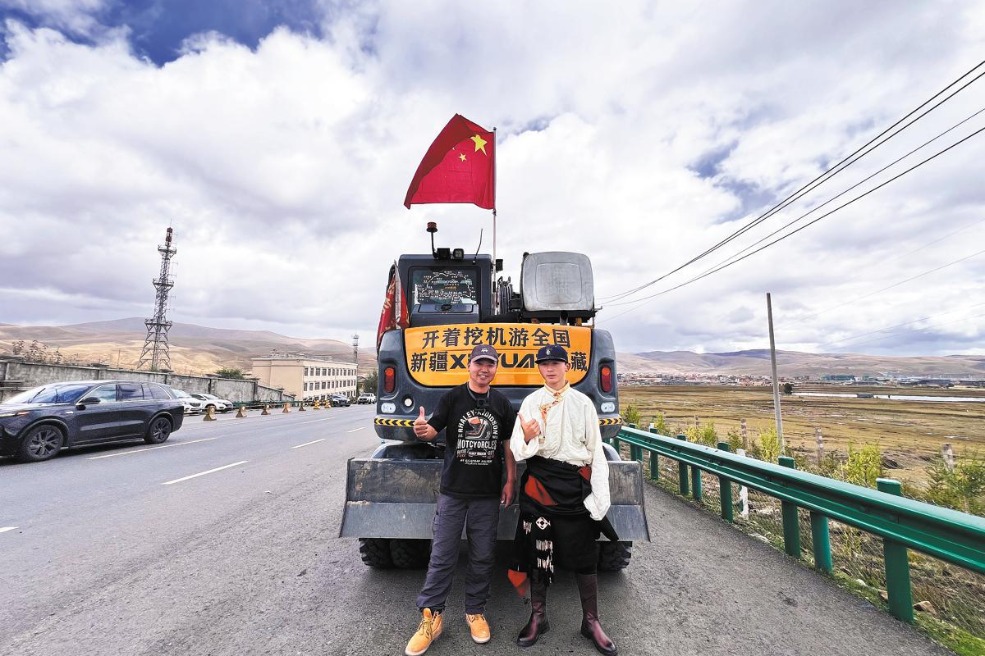Chint Group eyeing overseas expansion


Chint Group, China's leading industrial electrical equipment and new-energy enterprise, is looking to expand its presence in foreign markets, with mergers and acquisitions remaining a major strategy.
"Despite the current (tense) international environment, Chint has maintained a growth momentum abroad, mainly thanks to logistics improvement and the Belt and Road Initiative," said Nan Cunhui, chairman and founder of Chint, on the sidelines of the ongoing two sessions in Beijing.
The company's overseas revenue now accounts for around 20 percent of its total revenue, noted Nan, who is also a member of the 13th National Committee of the Chinese People's Political Consultative Conference. "It will rise to 30 percent to 40 percent in the near future," he added.
By now, the company has offered high and low voltage products and services to 80 percent of BRI markets including Europe, Russia and Pakistan.
"M&As will continue to be our future strategy in the overseas market. There are indeed many good companies abroad, and we can combine each other's strengths to better localize abroad," Nan said.
The Wenzhou, Zhejiang province-based company has made several M&As deals abroad. For instance, in 2016, it acquired a 25 percent stake in Spain's graphene polymer battery company Grabat Energy SL.
The Singapore electric firm it acquired in 2017 laid the foundation for the establishment of its headquarters in the Asia-Pacific region, he said.
"Another major plan is to cooperate with State-owned enterprises overseas in a bid to better tap into foreign countries," he added.
However, Nan pointed out that many Chinese enterprises found it hard to register their trademarks abroad due to unavailability issues when going abroad.
More than 80 trademarks have been pirated in Indonesia and over 100 in Japan. The number hit nearly 200 in Australia, he said.
To relieve the problem, Nan proposed to simplify procedures while applying for the Madrid System for the International Registration of Marks, an international agreement for registering a trademark, in the country.
"China should also establish an early warning system, which is expected to send warnings regularly, so that companies can prevent their trademarks being registered by others," he added.
To date, Chint Group has established manufacturing bases, research and development centers and logistics hubs in around 140 countries and regions. It has also built more than 100 photovoltaic power plants overseas.
"Chint has been actively integrating and promoting productivity in foreign countries, including the construction of its logistics centers, which deepens its overseas channel," said Tang Xuewen, an analyst from Shanghai-based Everbright Securities, in a report.
- 'Ice City' warms up for winter Games
- China takes lead in global growth of IP
- Infrastructure restored in aftermath of Dingri earthquake
- Chinese actor located safely after disappearance on Thai-Myanmar border
- Universities open subsidies for students affected by earthquake
- China to improve intellectual property rights





































